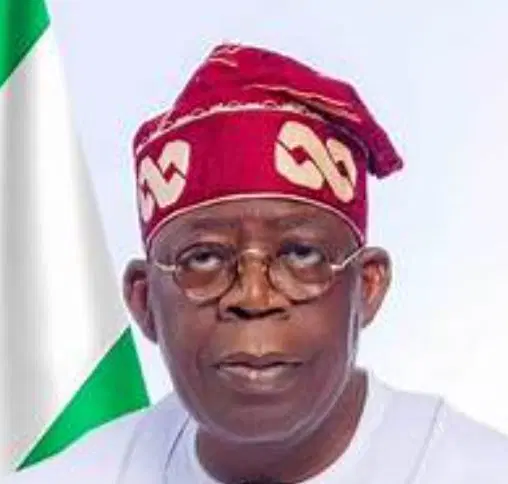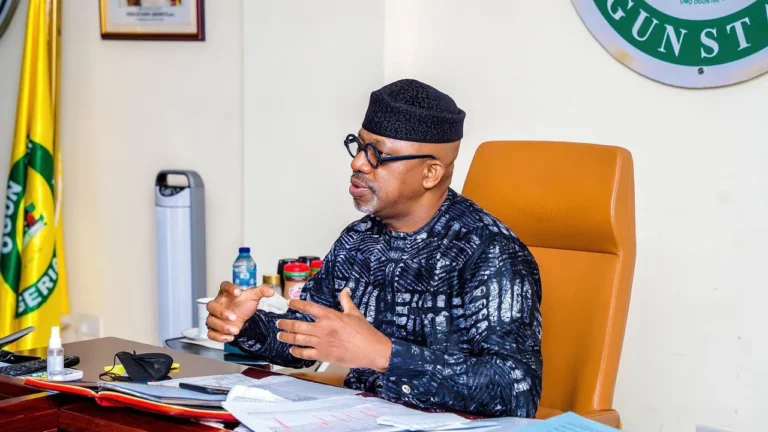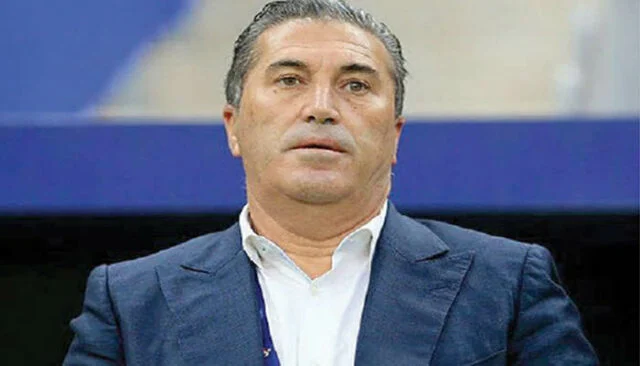
ABUJA – President Bola Ahmed Tinubu, during Nigeria’s 2025 Workers’ Day celebration at Eagle Square, Abuja, recognized the severe economic challenges facing Nigerians—rising hunger, unemployment, insecurity, and loss of livelihoods—while Labour unions presented a detailed 20-point demand urging the government to act decisively.
Represented by the Minister of Labour and Employment, Muhammad Maigari Dingyadi, President Tinubu assured workers of his administration’s resolve to deliver solutions through intentional policies that promote job creation, reduce poverty, and strengthen labour protections.
“These challenges are real and demand definitive solutions, which I am poised to address,” Tinubu stated.
He acknowledged that while economic hardship is global, the impact in Nigeria is particularly intense. The president emphasized the importance of preserving the civic space, worker rights, and democratic participation, promising to ensure fair treatment and job security for all.
Key Areas Tinubu Addressed:
- Hunger, insecurity, and rising living costs
- Support for vulnerable groups
- Commitment to workers’ rights and workplace safety
- Labour law reforms aligning with global best practices
- Technological disruption, environmental risks, and mental health at work
He revealed Nigeria’s plan to join the Global Coalition for Social Justice, which targets employment creation, social protection, enterprise support, and reducing inequality—key elements of his “Renewed Hope Agenda.”
Labour’s 20-Point Demand
In a powerful joint address, the Nigeria Labour Congress (NLC) and the Trade Union Congress (TUC) presented a 20-point demand, urging immediate action on:
- Reversal of unconstitutional governance actions (e.g., Rivers State crisis)
- Salary increases aligned with economic realities
- Withdrawal of proposed tax bills
- Reduction of telecom tariffs as previously agreed
- Restoration of gratuity payments and fair pensions
- Expansion of the National Labour Advisory Council (NLAC)
- Halt to arbitrary registration of new unions
- Review and possible reversal of electricity privatization
- Economic justice, job creation, and fair taxation
- End to systemic insecurity and genocidal killings
The unions also pushed for the upward review of retirement age for all public servants, echoing the current policy for judges, teachers, and health professionals.
Labour Leaders Call for Urgent National Action
NLC President Joe Ajaero and TUC President Festus Osifo delivered a 25-page address highlighting the collapse in workers’ purchasing power, massive job losses, and Nigeria’s growing poverty levels.
They warned:
“The real sectors are gasping for breath; multinational companies are exiting due to a hostile environment; and the cost of living is unbearable.”
According to the unions:
- Inflation hit 33.69%, food inflation stands at 40.53%
- Real wages have collapsed, with the proposed N70,000 minimum wage now worth less than N15,000 in 2019 terms
- 115 million Nigerians live in absolute poverty
- Youth unemployment exceeds 40%, while underemployment is rampant
The unions criticized ongoing IMF and World Bank-driven policies as being disconnected from the suffering of Nigerians.
Economic Reform Recommendations
Labour proposed several corrective measures:
- Strengthen domestic manufacturing
- Reduce diesel dependency and fix the power crisis
- Prioritize agriculture and food security
- Develop local industry to reduce import dependency
- Increase worker income to stimulate local spending
They concluded by urging unity, transparency, and people-centered governance as Nigeria faces a defining moment.



